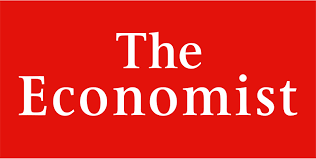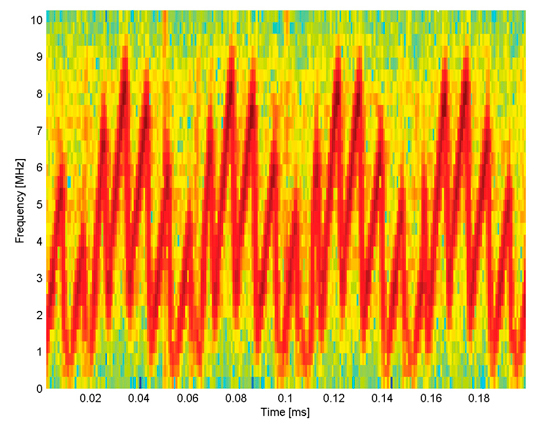Blog Editor’s Note: This is a good general interest article to which we contributed. It is behind a paywall, so many of our readers may choose not to access the entire piece.
Most significant is that a highly regarded journal is addressing the issue. A sure sign of the growth of widespread concern, and, hopefully, movement in many quarters to mitigate risks.

5 May 2021
Back-ups for GPS
Satellite-navigation systems such as GPS are at risk of jamming
Alternatives are needed
The phrase “critical infrastructure” conjures up solidly earthbound images: road and rail networks, water and sewage pipes, electricity grids, the internet, and so on. Such stuff is so wound into the warp and weft of life that it is simultaneously both essential and taken for granted. One piece of infrastructure which has become critical over recent decades, though, is anything but earthbound. This is the various constellations of satellites, the most familiar of which is probably America’s Global Positioning System (gps), that orbit about 20,000km above Earth, broadcasting to the world precisely where they are and exactly what time it is.
The original purpose of the gps and its European (Galileo), Russian (glonass) and Chinese (BeiDou) counterparts was to enable suitably programmed receivers on or near the ground to calculate their whereabouts to within a few centimetres, by comparing signals from several satellites. In this role they have become ubiquitous, running everything from the navigation systems of planes, ships and automobiles, both military and civilian, to guiding the application of water and fertiliser in precision agriculture. But global-navigation satellite systems (gnss), to give their collective name, now do much more than that. By acting as clocks that broadcast the time accurate to within a few dozen nanoseconds, they are crucial to jobs ranging from coordinating electricity grids and mobile-phone networks to time-stamping financial transactions and regulating the flow of information in and out of data centres.


